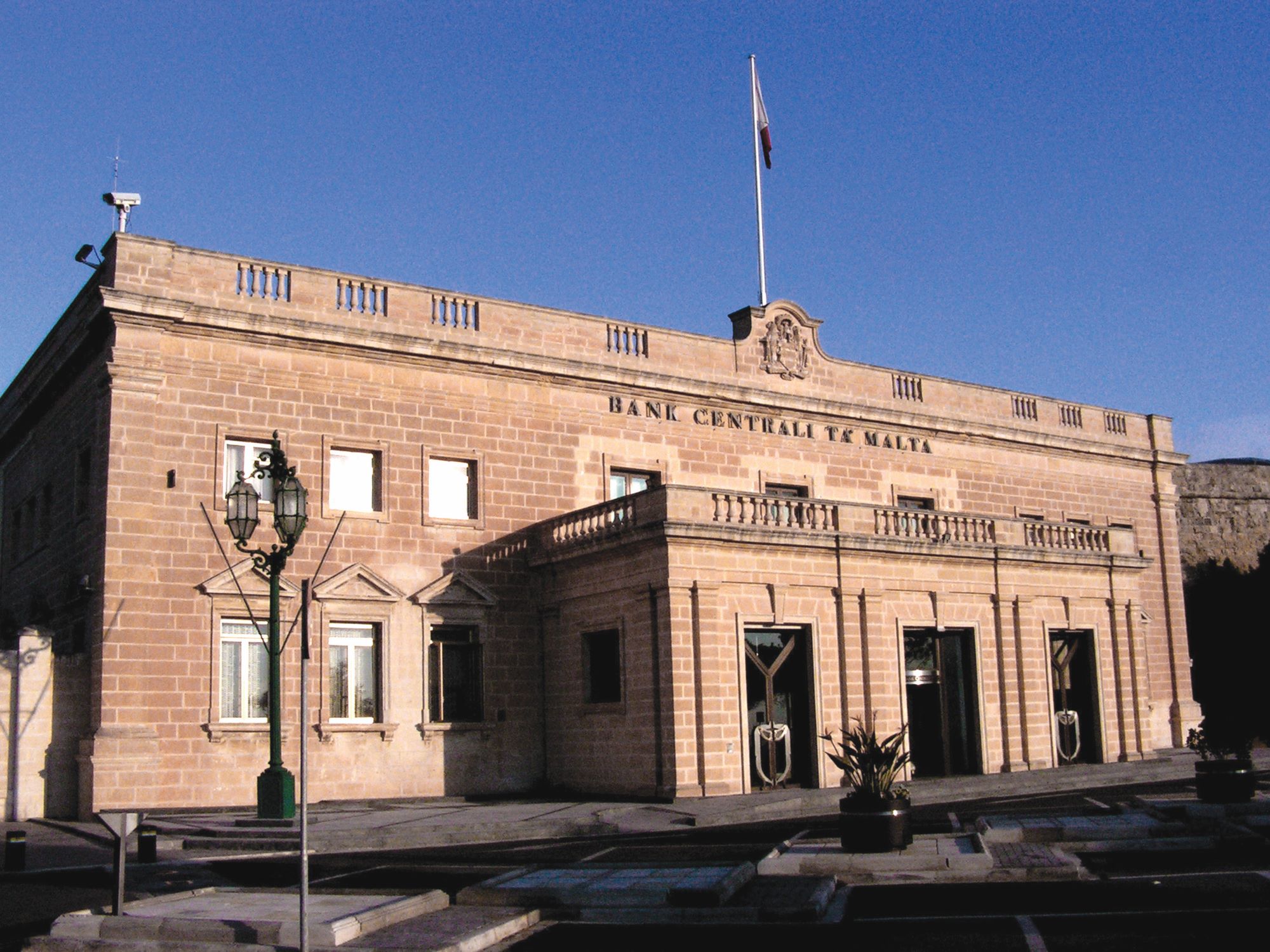Unemployment marginally increased to from three per cent to 3.1 per cent during October 2022, in the first increase on the historically low rate registered in Malta since the Government extended unprecedented assistance to businesses to retain employees in the face of the crisis caused by the COVID-19 pandemic.
The data emerges from the Central Bank of Malta December economic update, where it noted that during November month annual growth in business activity rose slightly above its long-term average estimated since January 2000.
The European Commission’s business sentiment survey meanwhile shows that Malta’s economic sentiment edged up in November when compared with a month earlier, but remained below its long-term average, which is estimated since November 2002. When compared with October, sentiment improved across all sectors bar the retail sector, where it fell significantly.
Additional survey information shows that compared to October, price expectations increased in industry and construction, but fell across the remaining sectors.
The European Commission’s Uncertainty Indicator for Malta decreased in November, signalling lower uncertainty. It fell mostly in industry, with smaller decreases recorded in the remaining productive sectors. However, uncertainty increased among consumers.
In October, both industrial production and the volume of retail trade rose at a slower pace in annual terms.
The unemployment rate stood at 3.1 per cent in October, marginally higher than that registered in September, and a year earlier.
Commercial building permits declined in October relative to their year-ago levels, while residential permits increased. In November, both the number of promise-of-sale agreements and final deeds of sale fell on a year-on-year basis, though this was expected in light of the generous real estate support measures which closed on December 2021, generating significant activity in the months leading up to it.
The annual inflation rate based on the Harmonised Index of Consumer Prices (HICP) stood at 7.2 per cent in November, marginally down from 7.4 per cent in the previous month. Inflation based on the Retail Price Index (RPI) also declined from the previous month, standing at 7.1 per cent in November, down from 7.5 per cent in October.
In October 2022, the Consolidated Fund recorded a smaller deficit when compared with a year earlier, as Government revenue increased at a faster pace than expenditure.
Annual growth in residents’ deposits rose at a slower rate of 6.8 per cent in October. Meanwhile, annual growth in credit to Maltese residents also slowed down to 8.1 per cent.
By the end of the month, 622 facilities were approved and still outstanding in terms of the Malta Development Bank (MDB) COVID-19 Guarantee Scheme, corresponding to total sanctioned amounts of €482.6 million.
By October, three loan facilities were approved under a new MDB Subsidised Loans Scheme aimed at importers and wholesalers of wheat and animal feeds, with the total amount of sanctioned lending standing at €14.2 million. By contrast, no facilities were approved under the MDB’s Liquidity Support Guaranteed Scheme (LSGS) launched in response to the Ukraine crisis.
Unpacking Malta’s new American-style bankruptcy framework
The EU is reforming its insolvency rules to adopt some of the most beneficial elements of the US framework
More than half of all workplace deaths in last two years involved construction
No women died on the job in 2022 and 2023
Government shells out close to €70 million to national bus operator Malta Public Transport in 2023
Buses became free for residents in late 2022, leading to a hefty increase in the public subsidy






